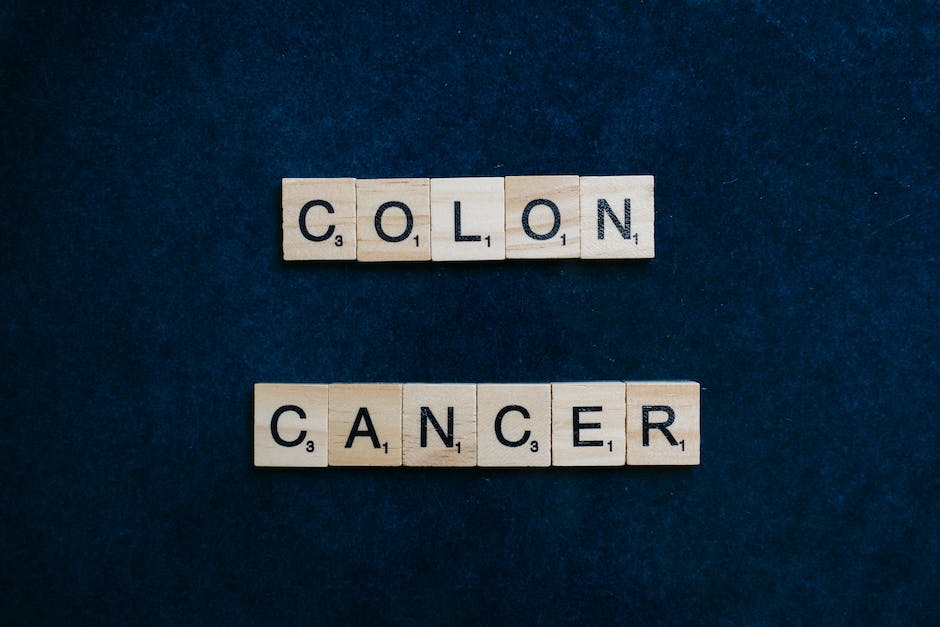
Contents
and Health
Colon cancer is a serious condition and one of the leading causes of cancer-related deaths among people worldwide. Understanding the potential causes, symptoms, treatments and prevention measures of colon cancer can be the key to both recognizing and controlling the disease.
Colon Cancer Causes
Colon cancer is most often caused by long-term inflammation in the colon that has not been treated or controlled. Many lifestyle choices and environmental factors can trigger the inflammation, such as a diet high in red and/or processed meats, obesity, smoking, a sedentary lifestyle, and an unhealthy gut microbiome.
Colon Cancer Symptoms
Symptoms of colon cancer can vary from person to person, but the most common include:
- Abdominal pain or cramping
- Changes in your bowel habits, such as the consistency or frequency of bowel movements
- Blood in your stools
- Persistent fatigue
- Unexplained weight loss
Colon Cancer Treatments
Treatment for colon cancer is typically one or more of the following:
- Surgery: Surgical removal of the cancerous tumor and surrounding tissue.
- Radiation Therapy: The use of radiation to destroy cancer cells.
- Chemotherapy: The use of drugs to target and destroy cancer cells.
Colon Cancer Prevention and Health
Making lifestyle changes is the best way to prevent colon cancer. Eating a balanced diet high in fruits and vegetables and low in red and processed meats can help reduce the risk of developing the disease. Exercise is also important as it helps to maintain a healthy weight, which has been linked to a lower risk of colon cancer. In addition, regular screenings and tests can help to catch colon cancer early and increase the chances of successful treatment.
Despite the seriousness of this condition, taking steps to reduce your risk and catching it early can make all the difference in your health and wellbeing. If you think you are at risk for colon cancer, speak with your doctor so they can best advise you on how to proceed.
